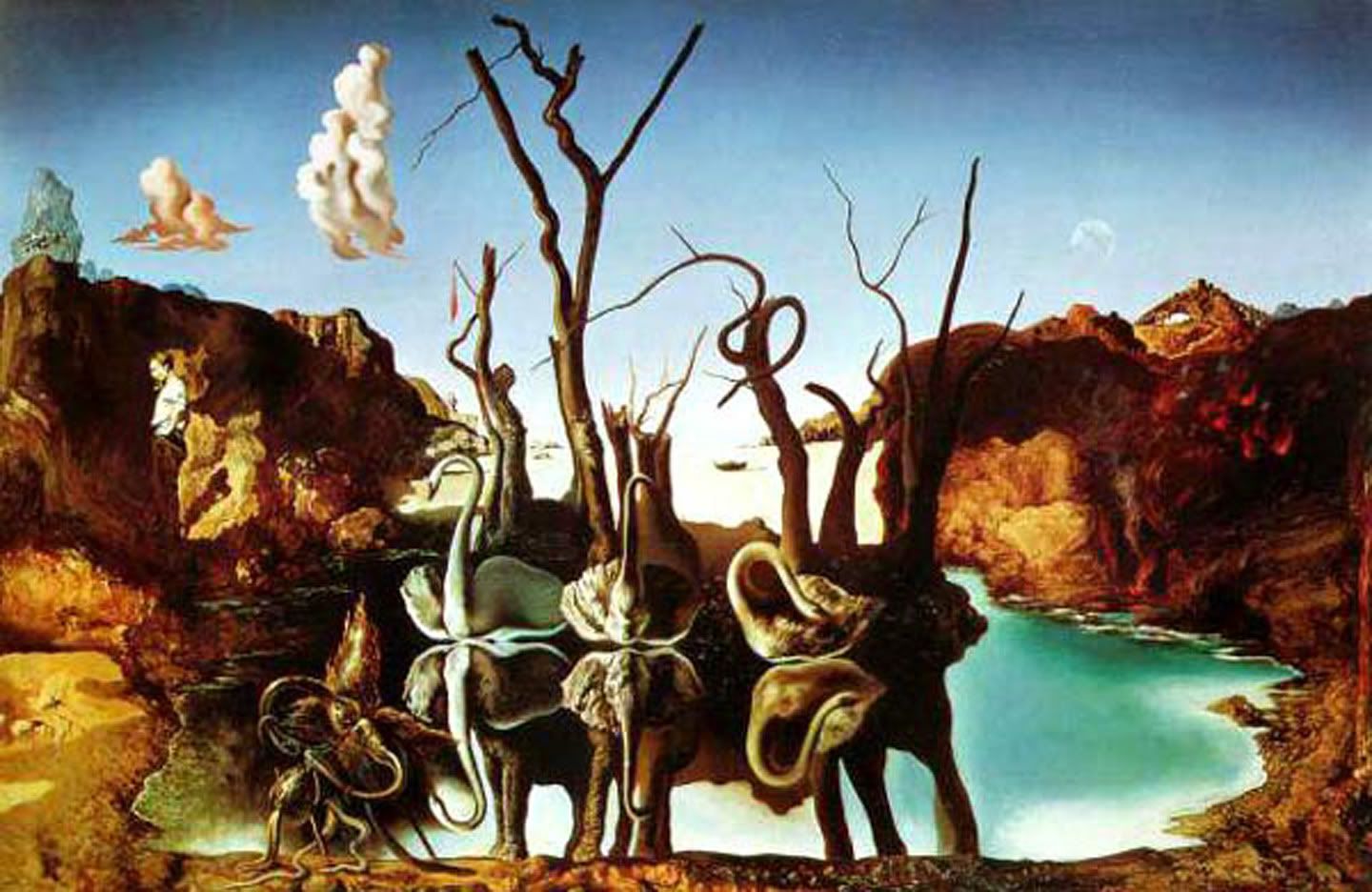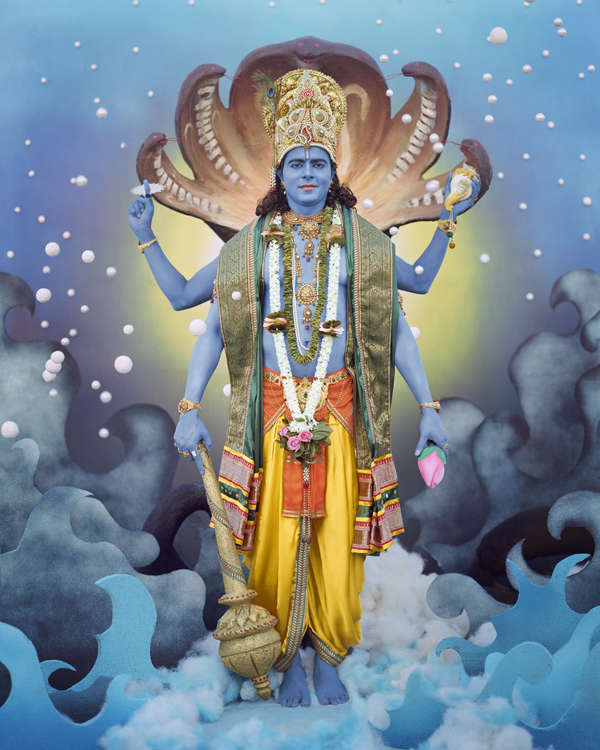Quality of a stream, a river, an ocean. Quality of the sky and the sunlight and a word. Quality of a thought. Quality of you. Quality immeasurable because it is uniquely measurable, unimportant because it matters so, to each and all. A brick baking in the heat of a fireplace. What makes it a good brick? The fact that it can hold its own against the licking burns of the pit beneath it? Because it works alongside the others of the same quality to hold the immensity of the chimney above? Because it is strong? What makes a quality friendship? A quality idea? What matters to one can matter to none, and the immense blessing that is quality in the eyes of one perceiver can be a curse to the next. A stream may have more quality in your eyes than anything you have laid those eyes on before. A river may have none in mine. Quality exists suddenly, and is gone in a breath of the next moment. It is as unique and indescribable as the minds that create it within their spectrum of belief. And just as beautifully as it came to be, woosh, it disappears.
Now that I've gotten my poetic side out of the way, I can address the question of quality's role on the collegiate level. I suppose what brings quality to a campus or course would be many factors coming together to make a whole. For example, the quality of a class would be measured by the engagement of the professor, the content of the course, the setting, and the classmates themselves. The quality of a professor could be measured on his passion for the subject, his knowledge of the subject, the manner in which he instructs, and his grading styles. Every piece of quality can continue to be broken down and measured in smaller quantities, but that still leaves the question of how we measure these pieces of quality.
As Robert Pirsig argues in the Metaphysics of Quality, quality depends largely on perception. I agree with this tangent of perception based on the description that the measurement depends entirely on the perceiver. One cannot truly measure all the tiny pieces of quality because they are all based on opinion. However, one can measure the majority's opinion on quality to develop what might be a "collective opinion of quality". This will never account for everyone's opinion of quality, though, and here we must choose whether it is better to account for many but not all, or none. Woosh.

Quality or craziness?








